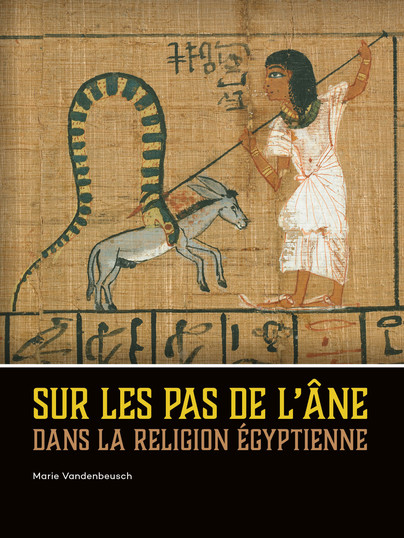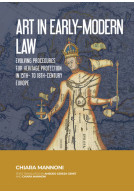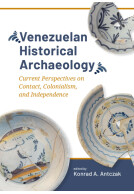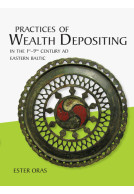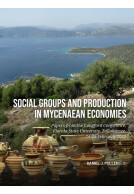Google Books previews are unavailable because you have chosen to turn off third party cookies for enhanced content. Visit our cookies page to review your cookie settings.
Sur les pas de l’âne dans la religion égyptienne (Paperback)
Imprint: Sidestone Press
Pages: 480
Illustrations: 70fc/39bw
ISBN: 9789088908279
Published: 12th December 2019
Script Academic
Pages: 480
Illustrations: 70fc/39bw
ISBN: 9789088908279
Published: 12th December 2019
Script Academic
Please note this book may be printed for your order so despatch times may be slightly longer than usual.
You'll be £65.00 closer to your next £10.00 credit when you purchase Sur les pas de l’âne dans la religion égyptienne. What's this?
+£4.99 UK Delivery or free UK delivery if order is over £40
(click here for international delivery rates)
Need a currency converter? Check XE.com for live rates
(click here for international delivery rates)
Need a currency converter? Check XE.com for live rates
L’âne, animal essentiel au commerce et à l’agriculture de l’Égypte ancienne, apparaît dans des sources de tout ordre, témoignant de sa prégnance dans l’univers égyptien. Une grande partie des attestations relatives à cet animal provient de documents économiques. Une autre réalité apparaît toutefois dans la documentation religieuse, où l’âne est le plus souvent interprété comme un représentant de Seth, dieu maléfique par excellence, maître des déserts et des pays étrangers, ennemi et meurtrier de son frère Osiris.
À la fois bienveillant et maléfique, l’âne est une entité ambivalente, à qui sont parfois octroyés des pouvoirs redoutables. L’animal, archétype du mal, était ainsi généralement exécré et virtuellement tué dans le contexte sacré des temples, tandis qu’il se distingue parfois dans la littérature funéraire comme un défenseur du dieu solaire. Parallèlement, il est tout à la fois craint et révéré dans de nombreux textes magiques où il apparaît comme une entité puissante et protectrice.
Cette étude se fonde sur des témoignages figuratifs, textuels et archéologiques de l’époque prédynastique à la période romaine. Elle réunit pour la première fois la documentation rituelle, funéraire, magique et médicale existante et en fait la synthèse, afin d’appréhender le regard porté sur l’âne dans la religion égyptienne ancienne.
English abstract
Donkeys were essential in ancient Egyptian trade and agriculture, but their value was nuanced by their perception in religion. The animal appears in funerary, magical or ritual sources, where it often reflects an ambivalent nature, while its well-known association to the evil god Seth is constantly reminded in the modern literature.
Either benevolent or evil, donkeys are ambiguous entities that can be recognised as dreadful beings possessing powers praised for their protective efficiency. Although they can be associated to Seth, they also followed their own path. In magical texts, the animal was feared and revered at the same time, becoming a powerful entity holding spears and evoked as a protector, while in the context of the temple it will be annihilated as the archetype of evil.
By exploring iconographical, textual and archaeological sources spanning from Predynastic to Roman times, this monograph explores the role of donkeys in ancient Egypt from a religious perspective.
Other titles in Sidestone Press...







